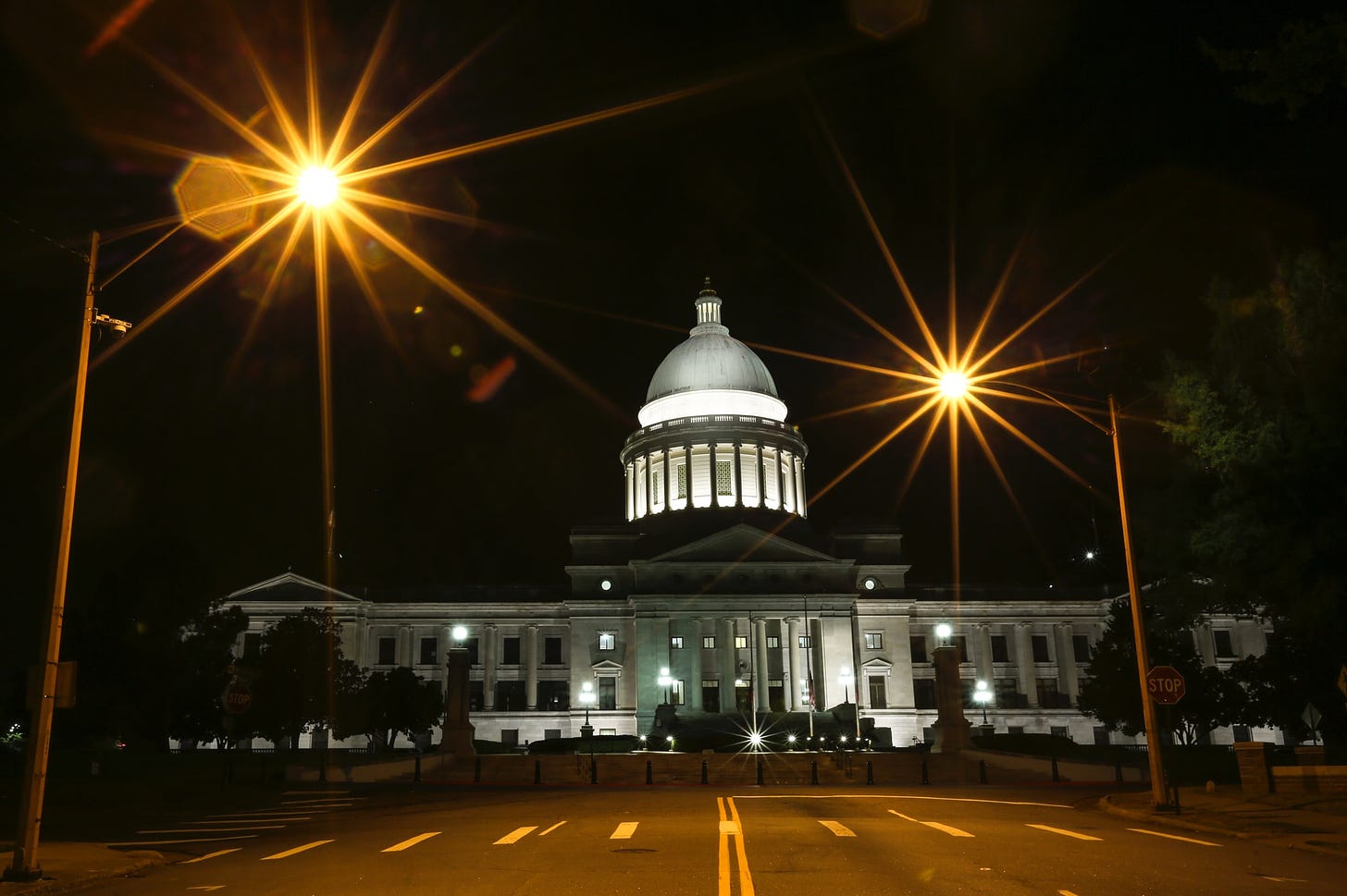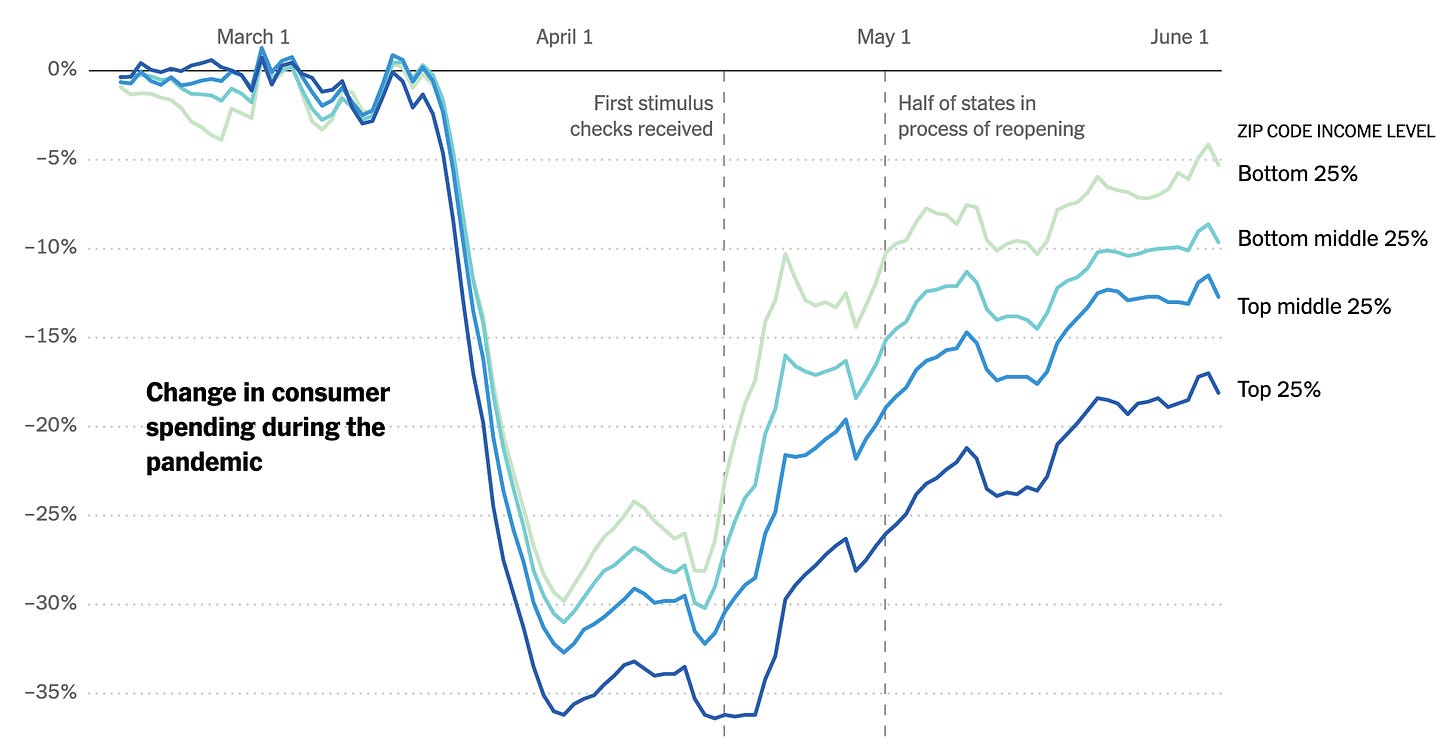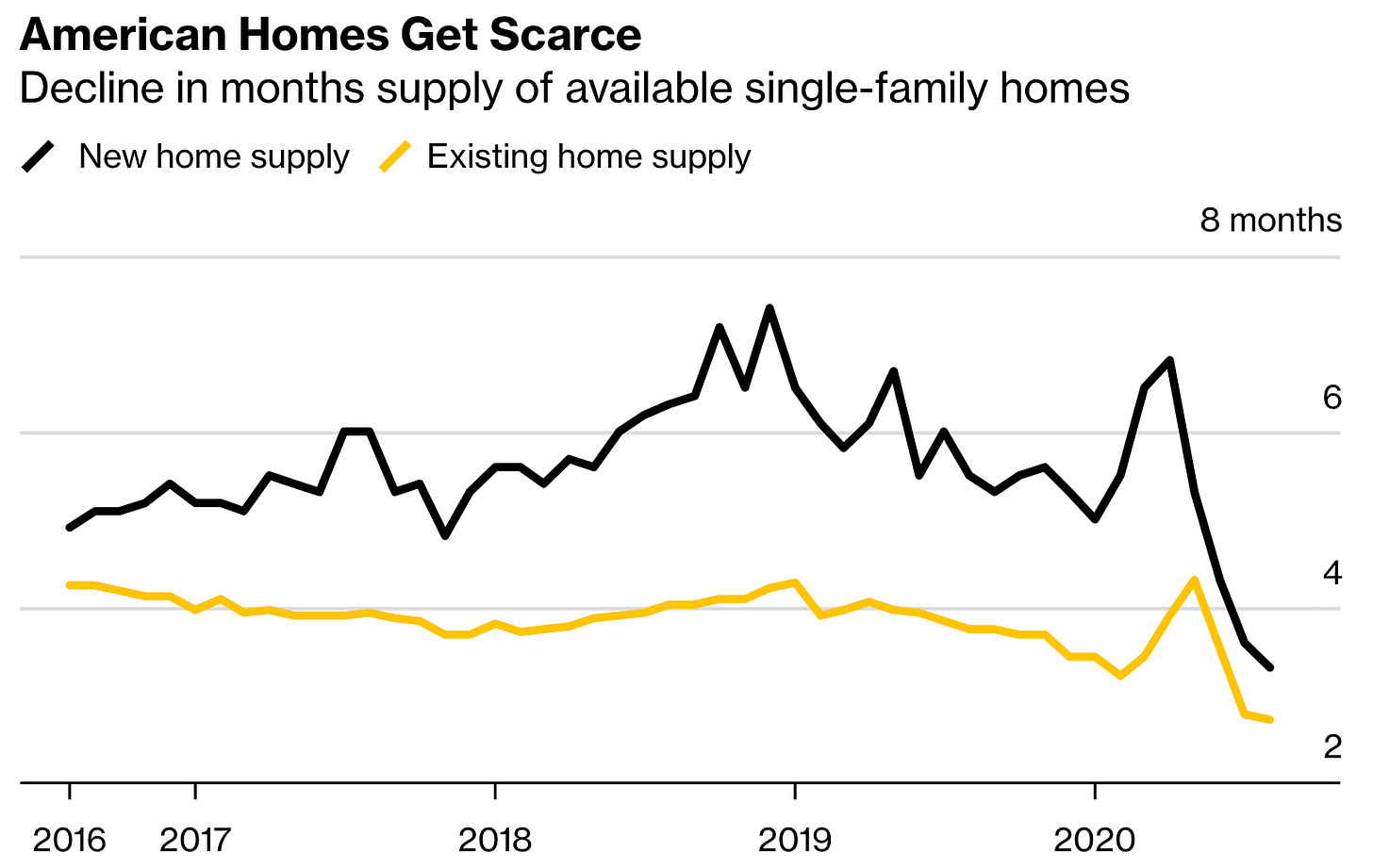💪🏽 What You Can Do About the Attack on the Capitol

The violent attack on the United States Capitol, like the 2016 election, as well as the almost-2020 election of Donald Trump ... is a symptom.
It is what happens when politicians pursue political power at all costs. When the system in which they operate rewards the accumulation of power and wealth over the accumulation of justice and fairness. It is surprising how many times those leaders who do something right pay a political price, while those who do something wrong often get away with it.
In a system where encouraging bad behavior results in the accumulation of power, there is little incentive to do otherwise.
And that's what I and you should be fighting towards: removing the incentives for bad behavior. How?
Elect local judges that will promise to end the role of big money in electoral politics, especially as they move up the ranks into the federal judiciary.
Don't be afraid of tough conversations with friends and family. On this platform, I've shared ways to speak honestly and assertively to loved ones about their grievances and will continue to do so.
Ignore pleas for attention. Every time someone like Josh Hawley loses a social media platform they behave better. Just like children, bad politicians need a timeout. Don't retweet them. Don't reply to their messages. You are only amplifying their voices and increasing their political power.
There's a lot more we can do, and as always, I will continue to share what I learn with you on this newsletter and through the podcast.
Why Housing is Booming While People Die
Even though the broader economy has cratered this year, one of the most surprising trends has been the booming housing market. When the economic fallout of COVID first hit, housing demand also crashed ... at first. But as people protested and a second surge hit the United States, demand for housing hit record highs.
We have not had so many homes on the market (even accounting for population growth) in the history of the United States. Ever. Real estate agents are turning customers away. How is this possible with the highest unemployment rate since the Great Depression?
Who is Buying Houses?
In normal times, the cliched adage - "location, location, location" mattered. You wanted to live close to your job, which meant you probably lived in a city because that's where most of the jobs were, especially the higher paying ones. And even in a city, you didn't want to commute. So if you could afford it, you'd pay to live within a few miles of your office - so you could walk, not drive, to work.
For everyone else, home buying was increasingly becoming less important. Renting in smaller units in the urban core of cities was the thing to do. Indeed, prior to March, home sales had been declining for years. Way back in 2019, real estate pros were frantically trying to figure out why. What could they do to make the home buying experience better? Why weren't Millennials buying homes? Buying a house before the pandemic, was like buying a car: nice to look at, but you only bought one if you really needed to.
All that changed this past year.
From May to June 2020 pending home sales grew by 40% - the largest rise ever. Yet, during the same time one out of five Americans lost their job.
So if a fifth of America is unemployed, who is buying these houses? Primarily, white collar professionals, especially those who spend all their time working from home wanting it to look better. And perhaps a few other folks who have saved a ton of money on the side and now aren't spending any additional funds on vacations or other pandemic-affected services. At the same time, the people who work to bring the wealthy these services are out of jobs and certainly in no position to buy property.

This counter-trend in housing is a sign that the economy, which was trending in this direction for decades, has now officially split in two. For people with jobs and some wealth, this isn't a COVID crisis. It's a sale.
And I'm one of these people. During the pandemic, while many struggled to obtain unemployment assistance - I was offered a new job. While many couldn't buy a home, I moved cross-country for said job and bought a new home. The dissonance between my personal privilege and the challenges experienced by the majority of Americans astounded me, especially since I know what it is like to grow up in deep poverty.
For people with jobs and some wealth, this isn't a COVID crisis. It's a sale.
This widening inequality isn't just limited to the housing market. It is everywhere. And its getting worse:
The U.S. stock market is at record highs. Tesla made people into millionaires overnight. All they had to do was buy some Tesla stock during the pandemic.
Companies like Microsoft, Apple and Amazon - already tech giants before the pandemic - are doing even better. Jeff Bezos got divorced and divested some of his wealth, but made up the loss within a few months of the pandemic.
Banks, lenders, and those who have a good enough credit score to borrow money have done really well. Low interest rates encouraged millions of already wealthy Americans to borrow money, essentially for free. Or refinance their home and pull out thousands in cash. All this extra cash could have supported the economy, but instead many of these wealthy Americans are just saving the cash for a rainy day.
Companies that catered to the middle class have evaporated ... because, as the economy splits into two, there is no "middle" to cater to - only low or high income Americans. Companies that cater to the well-off or the less fortunate, are doing great: JcPenney went bankrupt as Peloton soared. The Dollar Store couldn't even handle the pandemic traffic, while your neighborhood sit-down restaurant died.
Things have gotten so bad that some of these companies cannot even recruit employees because they can't afford to live anywhere near their workplace. In echoes of the efforts of the corporate behemoths of the late 1800's many companies, like Amazon, have started building company towns.
But Americans shouldn't have to rely on the whim and largess of corporate benefactors to provide Americans basic services such as housing and medical care. Because if profits drop, or Bezos changes his mind - that housing vanishes.
🎧 Coming Up on the UnfairNation Podcast
Isabel Wilkerson - on the origin of the modern caste system.
Tim Bakken - on the role the armed forces play in public policy.
Tom Parker - on why respect for human rights is the key to defeating terrorism.
🕺🏽 Friends
Looking for something else to read? Check out fellow writer Meghan Palmer's newsletter ... it's so interesting.
Listen to Down to the Struts, friend Qudsiya Naqui's newest podcast on disability and design. Season 1 is out!
📅 Now
Reading: Rhythm of War
Watching: Cobra Kai, Season 3. Sweeping the leg always fails in the long-term (see last four years)
Speaking: Bedrosian Center BookClub Podcast on President Obama's recent book
Going: to IKEA. Lots of Ektorps, Poangs and Billy's to buy.
🙌🏽 FairNation
New Year - who dis?
I've decided to share some quotes I came across that spoke to me during this difficult year. I hope they will resonate with you too :)
I don’t know where these quotes come from. Do we ever really know? Quotes are like donut crumbs that end up on your plate long after the donut has met a timely death. They are too small to bring lasting gastronomical pleasure, yet just too good to pass up. And though you know that each crumb once came from a donut, soon you forget which kind.
Fear is just a natural reaction to moving closer to the truth.
In the age of information, ignorance is a choice.
Don't let yesterday take up too much of today.
Listen more to what people mean, not just what they say
The further a society drifts from the truth, the more it will hate those that speak it.
As the area of your knowledge grows, so too does the perimeter of your ignorance.
To be at peace, make peace with this: nothing is permanent.
Reality is that which, if you stop believing in it, does not go away.
The best storytellers don’t tell you how to think, they give you questions to think upon.
Failure, is not the end; it’s how people level up.
Happy new year brother, sister.
Your friend,
-Ehsan





